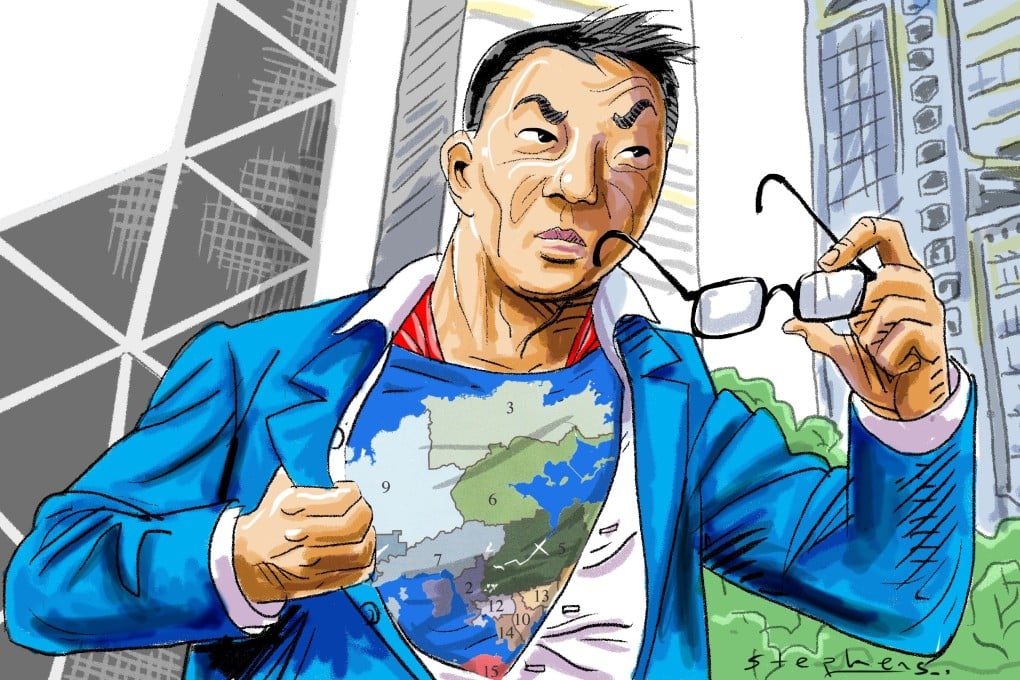Advertisement
Opinion | Don’t underestimate the power of district councils to help resolve Hong Kong’s protest crisis
- The pro-democracy camp should capitalise on its electoral gains, given that many aspects of the protest stand-off, such as the use of tear gas, directly affect residents’ welfare. Even a probe into police conduct can be considered council business
Reading Time:4 minutes
Why you can trust SCMP

Ever since the pro-democracy camp’s massive victory in Hong Kong’s district council elections on November 24 – where non-establishment candidates seized some 388 out of 452 seats – observers have pointed to the knock-on effects that the election would have.
Many said the election results held only symbolic power, and that the functional consequences of a pro-democracy majority in district councils would be negligible. Law professor Benny Tai Yiu-ting pointed out that by controlling the vast majority of district council seats, the pan-democrats would be able to select 117 of the 1,200 members of the Election Committee that chooses Hong Kong’s chief executive.
Added to the other 350 or so seats that the pro-democracy camp usually captures in the non-district council sectors of the Election Committee, this would put pan-democrats in a position to potentially sway the 2022 chief executive election, with the leverage to bargain with Beijing.
Advertisement
Still, in his larger analysis, Tai downplayed the importance of the district councils themselves, saying that they “have no direct governing role”. Political scientist Brian Fong Chi-hang even went so far as to say on Twitter that the “District Councils are powerless”.
But it would be a mistake to dismiss them outright. While they have traditionally held an advisory role, these bodies could have a critical part to play in resolving the crisis facing Hong Kong if they chose to wield their power with creativity and purpose.
Advertisement
Advertisement
Select Voice
Choose your listening speed
Get through articles 2x faster
1.25x
250 WPM
Slow
Average
Fast
1.25x
